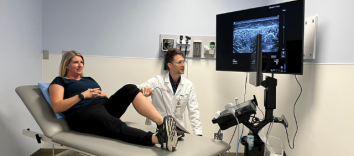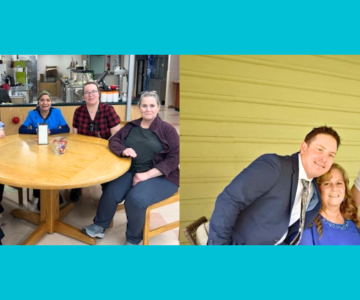Physical medicine and rehabilitation physicians, also known as physiatrists, are medical doctors or doctors of osteopathic medicine (DO) who specialize in the evaluation and treatment of patients who are experiencing functional impairments secondary to a broad spectrum of conditions or disease processes, including but not limited to: stroke, spinal cord injury, traumatic brain injury, major trauma, cardiopulmonary dysfunction, and severe medical illness.
The Physiatry Clinic at Royal Inland Hospital treats the following:
Neurological conditions such as:
- Strokes and other acquired brain injuries
- Chronic neurologic diseases such as ALS, MS, Parkinson’s disease
- Spinal cord injuries
- Congenital conditions such as cerebral palsy and spina bifida
- Peripheral nerve injuries
Musculoskeletal and orthopedic conditions such as:
- Complex orthopedic injury
- Soft tissue injury
- Degenerative joint disorders in upper body, lower body and spine
- Spasticity/dystonia conditions with Botox treatments
- Amputee – both pre-amp assessments and early post-discharge management















